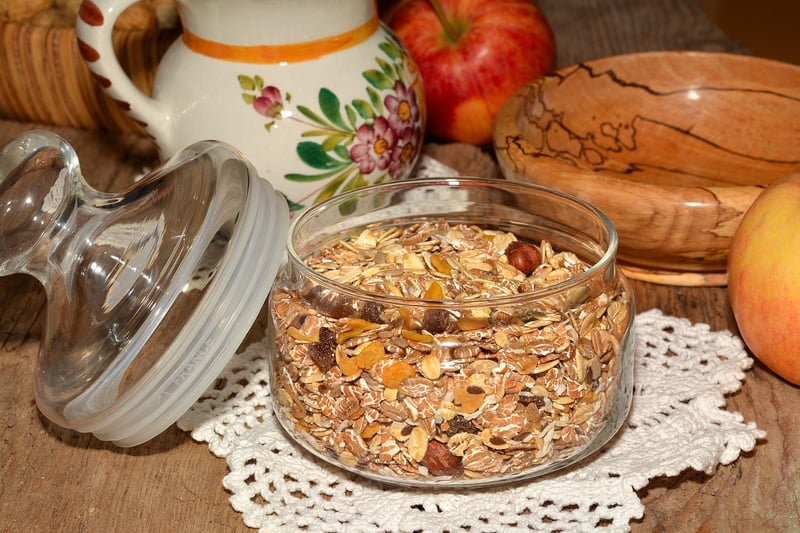Meal Planning Tips
Essential Guide to a Balanced Diet and Meal Planning Tips
The Importance of a Balanced Diet
Eating a balanced diet is essential for overall health and well-being. It provides the necessary nutrients, vitamins, and minerals that your body needs to function properly and maintain optimal health.
Key Components of a Balanced Diet
A balanced diet should include a variety of foods from all the major food groups:
- Fruits and vegetables
- Whole grains
- Protein sources such as lean meats, fish, eggs, beans, and nuts
- Dairy or dairy alternatives
- Healthy fats like olive oil, avocados, and nuts
Meal Planning Tips
Meal planning can help you achieve a balanced diet and make healthier food choices. Here are some tips to get you started:
1. Plan Your Meals in Advance
Take some time each week to plan your meals. This can help you make healthier choices and avoid last-minute unhealthy options.
2. Include a Variety of Foods
Try to include a variety of foods from different food groups in each meal. This ensures you get a wide range of nutrients.
3. Cook at Home
Cooking at home allows you to control the ingredients and portion sizes, making it easier to eat healthily.
4. Be Mindful of Portion Sizes
Pay attention to portion sizes to avoid overeating. Use smaller plates and bowls to help control portion sizes.
5. Limit Processed Foods and Sugary Drinks
Avoid or limit foods high in added sugars, saturated fats, and sodium. Opt for whole, unprocessed foods whenever possible.
Conclusion
By following a balanced diet and incorporating these meal planning tips into your routine, you can improve your overall health and well-being. Remember, small changes can lead to big results when it comes to your diet.

For more information on healthy eating and meal planning, consult with a registered dietitian or nutritionist.
References: eatright.org
